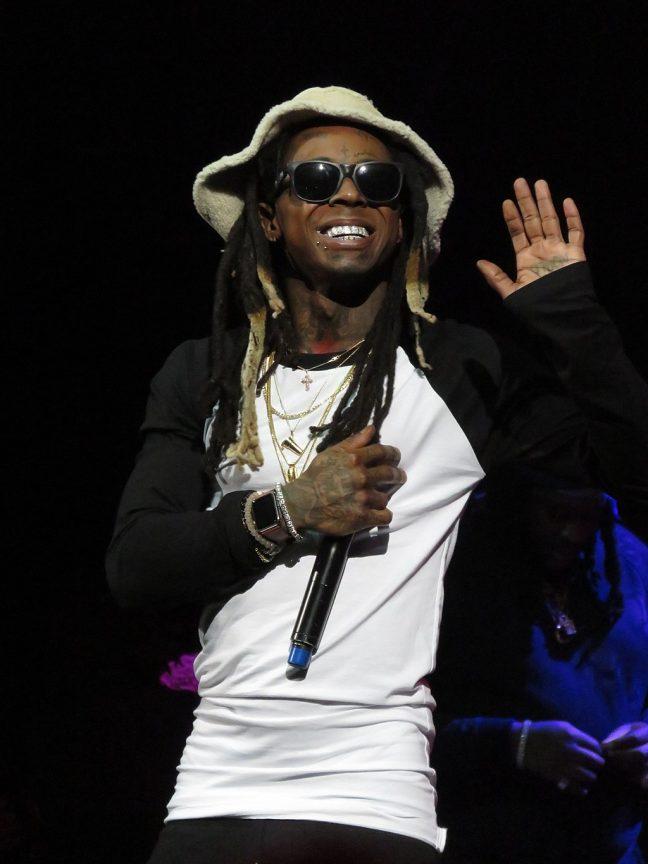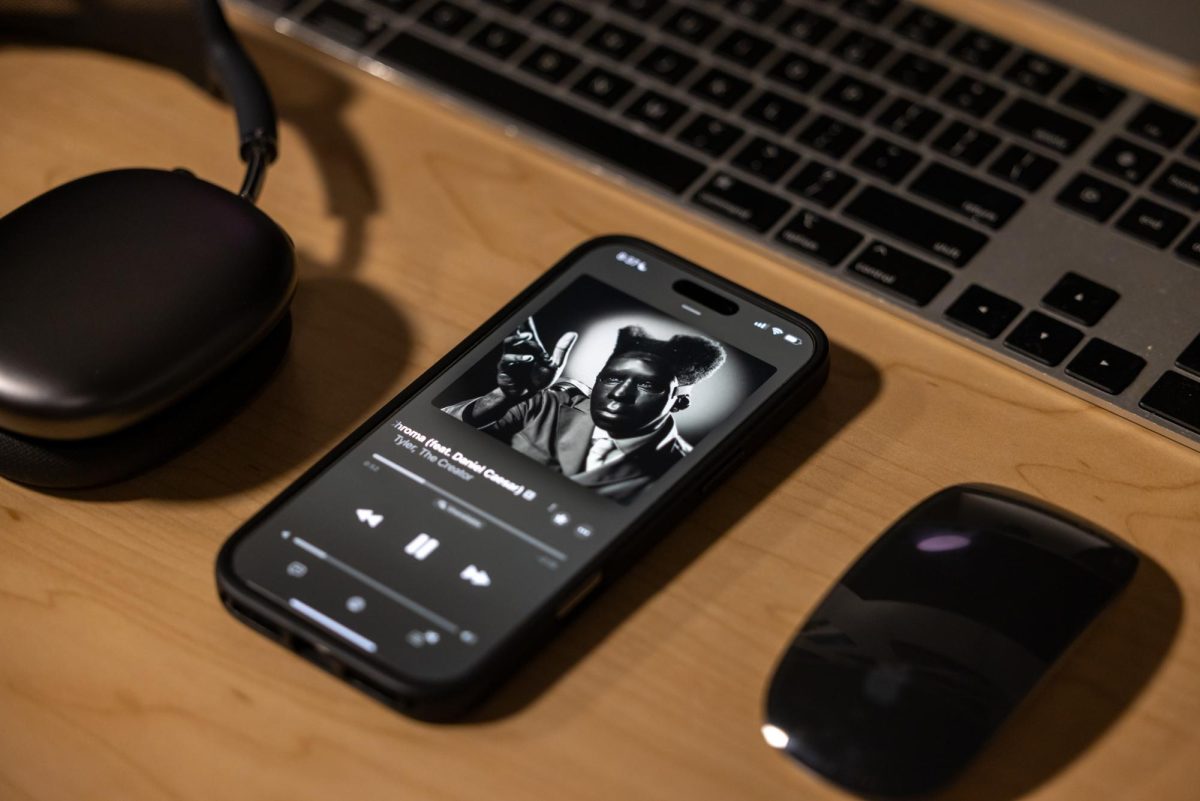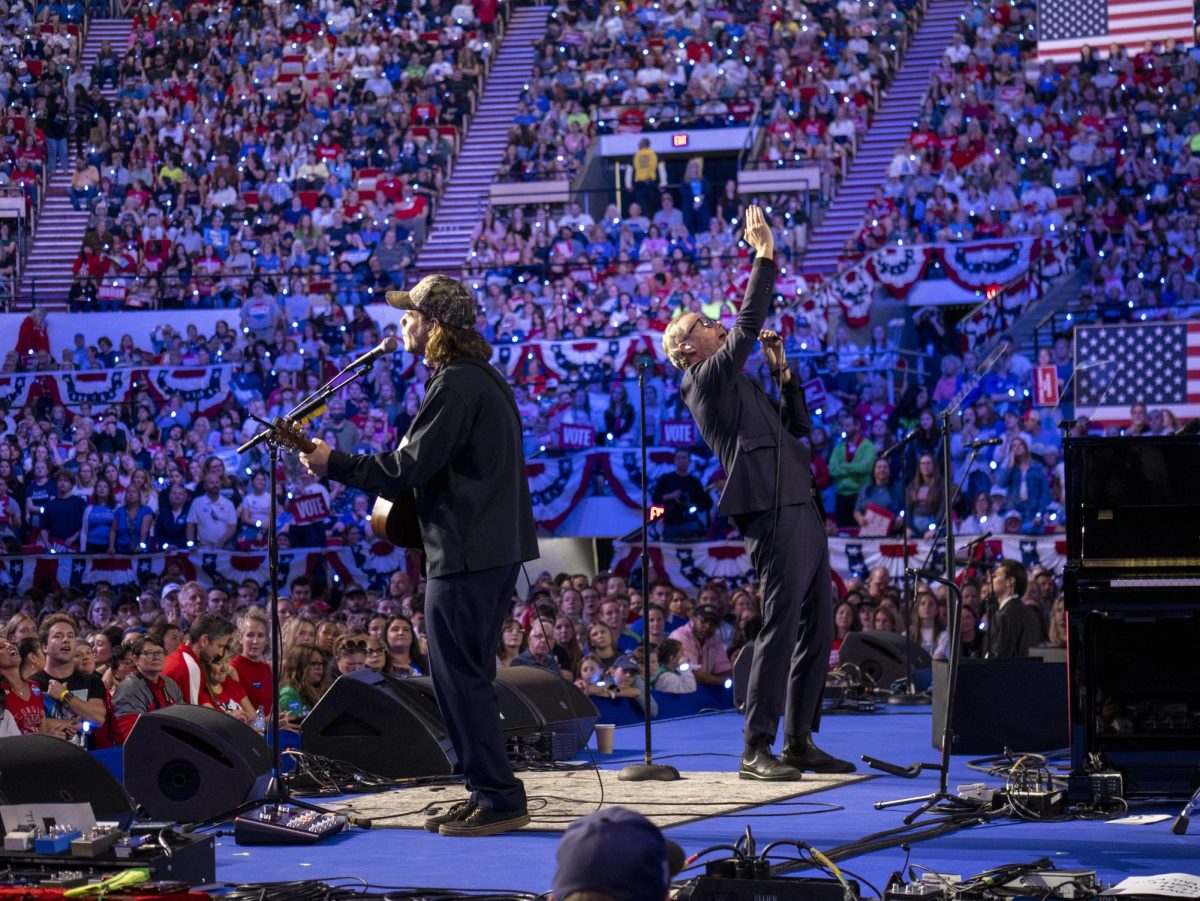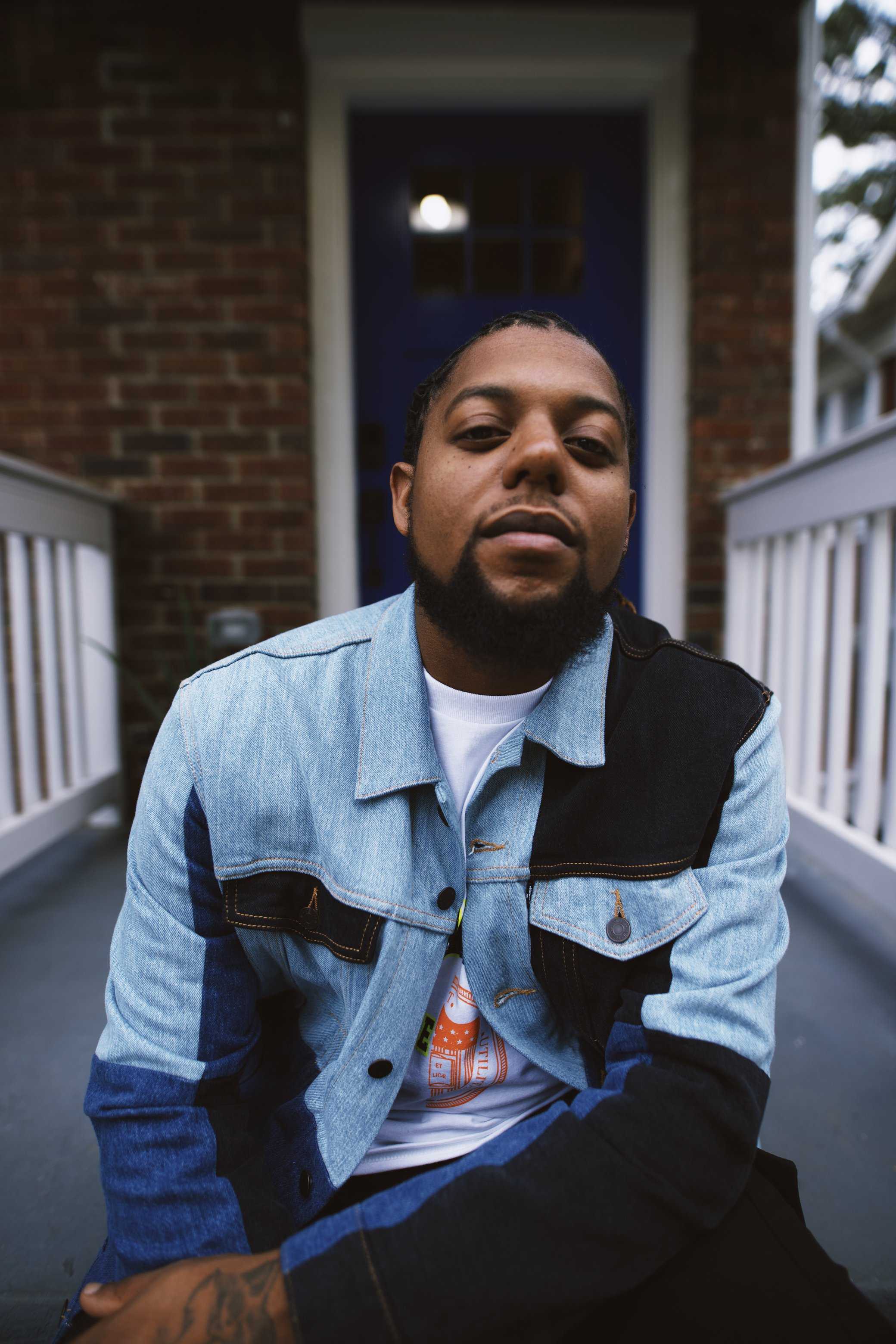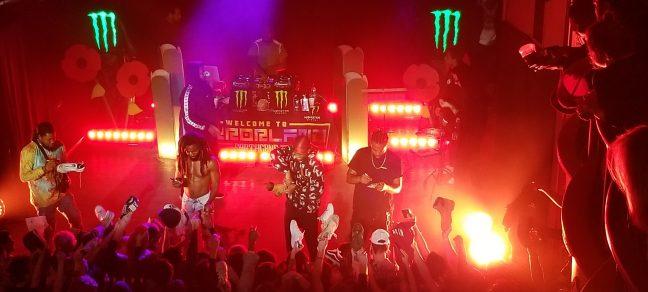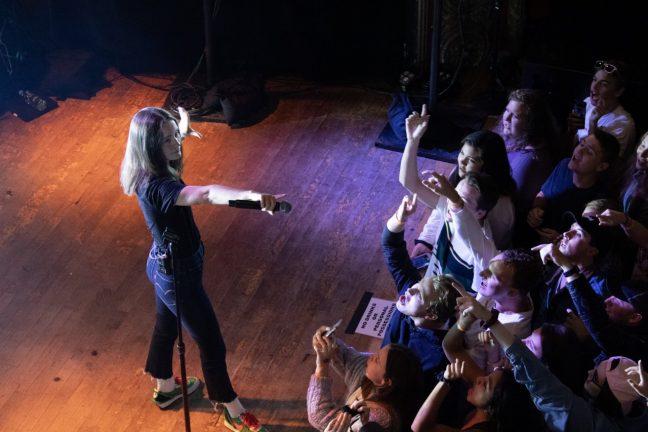There are few sounds more invigorating and rejuvenating in rap music than the lighter flick by Dwayne Carter.
After the 2011 release of Tha Carter IV fans were already anticipating a future project from New Orleans’ very own. Unfortunately, cash rules everything around us, including people and their creative rights. Signed under rapper and mentor Birdman, Lil Wayne found his all of his music owned by his corrupt, greed-driven mentor and his label, Cash Money Records.
Wayne’s own label, Young Money Entertainment, and all of the artists signed at the time — such as Austin Mahone, Curren$y, DJ Khaled, Drake, Omarion and Tyga — and those still on the label today like Christina Milian and Nicki Minaj, were also under Cash Money during the legal battle of Young Money and Wayne’s music rights. While artists under Wayne’s label broke free, Wayne himself was stuck in the middle of an industry dispute he and all fans of rap music felt should never have taken place.
All Wayne could do was go on tour and drop mixtape after mixtape, using titles like ‘Sorry 4 The Wait’ to give fans something to hold on to. The legendary albums wouldn’t be coming any time soon.
Seven entire years passed.
On June 7 of this year, Wayne settled for an undisclosed amount with Cash Money to own his creative works. The legal battle was over, Tunechi was free.
Fast forward to Sept. 27, Tha Carter V is no longer a meme, a myth or make believe. His 12th studio album becomes the first from Wayne not to be released under Cash Money Records in his entire career.
The album starts with a recording of an interview with Wayne’s mother, detailing how proud she is of her son and the new record. The emotional build of “I love You Dwayne” appeals to long-time fans who grew up listening to the rapper before they even hit middle school. Once the famous lighter flick is heard, the dream becomes reality.
With attention span in mind, your Netflix recommendations this September
Travis Scott actually raps for the first time I can remember on “Let It Fly,” giving the song a swift flow over a dark, edgy beat. After he name drops several prescription drugs, Wayne reminds us of his gang-affiliated past in New Orleans with repetition of the line “My goonie goons the gooniest/run inside your room and kill you and who you’re roomin’ with.”
Wayne connects with the best of the west, Kendrick Lamar, for “Mona Lisa” a track that may be the first in recent memory where an artist outshines Lamar. At one point, Lamar’s verse breaks off and a woman can be heard asking him to let her take a call. You can’t help but burst out laughing when you hear Wayne’s classic “Lollipop” as her ringtone.
The second half of the album is arguably the best. “Took His Time” and “Demon” are meaningful songs with purposeful choruses over soulful and sometimes acoustic beats. “Momma said God took his time when he made me/I put my pride to the side/Off safety,” Wayne boasts religiously on the latter.
Frameshift Collective, Scotify Studios bring back Prism Fest
The romantic side of Wayne appears on “Mess” and “Perfect Strangers.” The two tracks are perfect for the album, yet ironically seem to be out of place when compared with the rest of the 23-song record.
Wayne concludes the masterful product with“Let It All Work Out,” an ode to the trials and tribulations from the music industry and his attempt to take his own life when he was younger. Sampha, who became famous for being featured on Drake’s Nothing Was the Same, has his voice sampled and draped elegantly throughout the more than five-minute track. Wayne ends his last verse with, “I didn’t die/But I was dying/God came to my side and we talked about it/He sold me another life and he made a prophet.”
Thank goodness Lil Wayne is still with us, because some can’t remember when he wasn’t.


